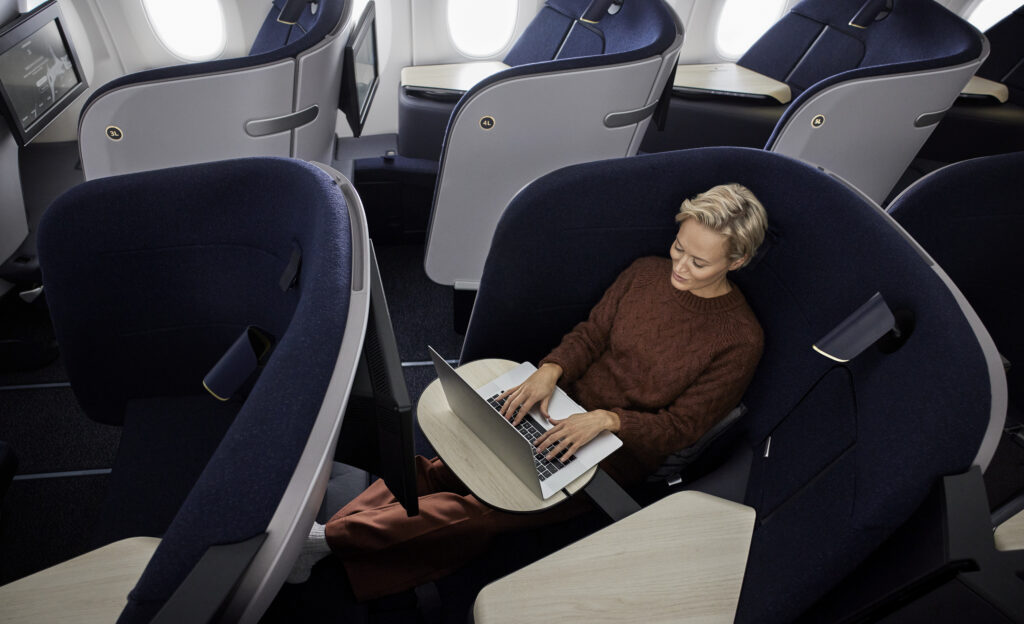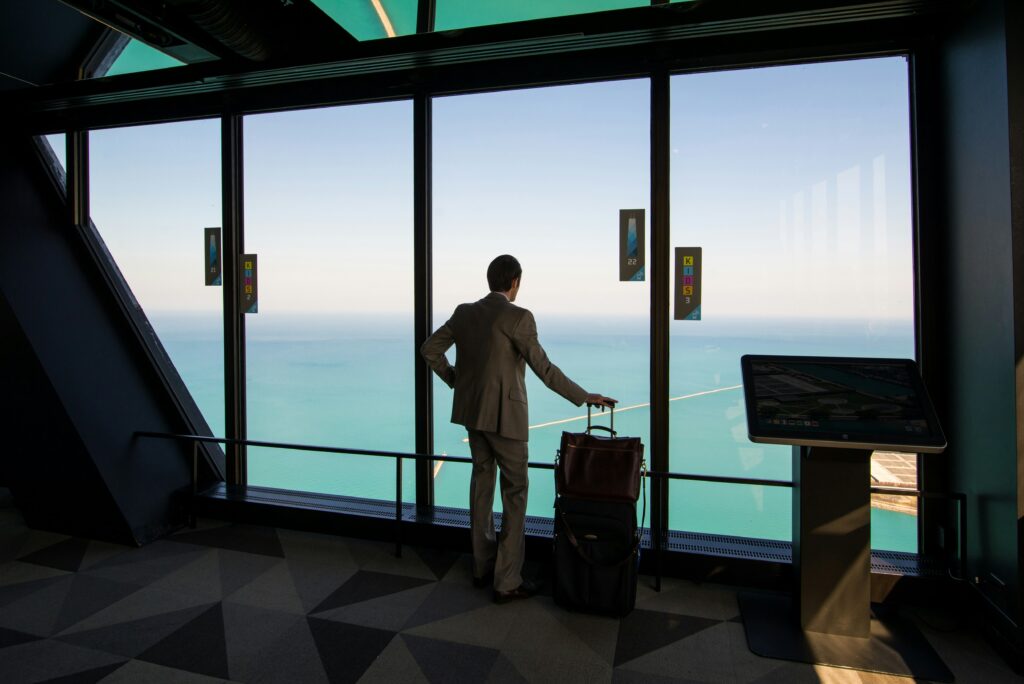Business Travel Boom: 2024 Set to Break Pre-Pandemic Spending Records – Business Traveler USA

The world of business travel is back with a vengeance. After years of uncertainty and stagnation, the industry is expected to reach a record $1.48 trillion in spending by the end of 2024.
This resurgence, outlined in the latest GBTA Business Travel Index (BTI) Report, indicates a promising future for the sector, with projections to exceed $2 trillion by 2028.
Suzanne Neufang, CEO of the Global Business Travel Association (GBTA), said during the organization’s gathering in Atlanta, “We are witnessing the expected rebound in the sector, reflecting the resilience and adaptability of businesses and the value of business travel worldwide.”
The resilience of the business travel industry is remarkable. After years of turbulence, the forecast for 2024 matches and exceeds pre-pandemic levels, indicating a strong recovery trajectory.
A Detailed Recovery
Neufang spoke broadly about the report, which highlights that global business travel spending, which plummeted during the pandemic, is on a steady path to recovery.
By the end of 2023, the industry had clawed back 93% of its pre-pandemic peak, with spending reaching $1.3 trillion—a 30% increase from 2022.
The predicted 11.1% growth in 2024 is a testament to the industry’s resilience and the pent-up demand for face-to-face meetings and networking opportunities.

Photo: Hong Kong. Courtesy of Simon Zhu / Unsplash
This recovery is not uniform across regions. Asia Pacific leads the charge with a staggering 36% growth in 2023, followed by Western Europe at 33% and North America at 25%.
The U.S. and China are expected to dominate the business travel market in 2024, continuing their roles as the top two markets for business travel spending.
Interestingly, the recovery is also varied across different sectors. The financial and insurance activities sector is forecasted to experience a significant expansion, with a 72% growth in business travel spending through 2028.
In contrast, retail trade and agriculture sectors are expected to see more modest increases, with growth rates of 41% and 32%, respectively.
Challenges and Opportunities
While the outlook is optimistic, the report does not shy away from potential challenges. Persistent inflation, a slower-than-expected recovery in China, geopolitical tensions, workforce shortages, and natural disasters are all cited as potential headwinds.
Additionally, the industry’s growing focus on sustainability presents both a challenge and an opportunity. European travelers, for instance, are increasingly prioritizing reducing their carbon footprint, reflecting a broader trend towards environmentally conscious travel.


Photo: Courtesy of Zurich Airport
Technological advancements, particularly in artificial intelligence (AI), and stronger-than-expected economic growth in key markets like the U.S. and India are seen as potential catalysts for even greater growth.
“With projected spending expected to continue to increase through 2028, the future of business travel looks promising,” Neufang notes. However, she also cautions that the sector must remain vigilant and adaptive to navigate these challenges successfully.
Business Traveler Behavior and Preferences
The GBTA BTI Report also delves into the behaviors and preferences of business travelers, providing a comprehensive view of current trends.
On average, business travelers spent $834 per trip in 2023, with lodging, air travel, food and beverage, ground transportation, and miscellaneous expenses comprising the bulk of this spending.


Photo: Courtesy of Artem Zhukov / Unsplash
Despite the increased spending, many travelers have faced more restrictive travel policies compared to the pre-pandemic era.
Interestingly, most travelers (81%) found their business trips worthwhile, with seminars and conferences being the most common reasons for travel. Additionally, while overall business travel has increased, international and group travel still lag behind 2019 levels.
Embracing Digital Payments
In an era where digital solutions are becoming increasingly integral to the travel experience, the report highlights a significant shift towards digital payments.
Nearly two-thirds of business travelers use corporate credit cards, with a growing number uploading these cards to mobile wallets.


Photo: Virtual credit card. Courtesy of naipo.de / Unsplash
According to Veronica Fernandez, head of Commercial Solutions for Visa, “As business travel spending continues to expand, digital payments will revolutionize the travel experience, making it effortless and secure to book and manage expenses.”
The GBTA Business Travel Index Report paints a picture of a resilient and adaptive industry poised for continued growth and evolution. As business travel spending surges toward new heights, the sector must navigate a complex landscape of economic, technological, and environmental challenges.
In the words of Suzanne Neufang, “The future of business travel looks promising, but we must remain vigilant and adaptive.”
As we look to the horizon, it’s clear that the skies for business travel are not only clearing but also expanding, promising new opportunities and experiences for travelers worldwide.
Related
Turkish Airlines and Qatar Airways Suspend Mogadishu Flights Following US…
Home » Airlines News of Qatar » Turkish Airlines and Qatar Airways Suspend Mogadishu Flights Following US Embassy Terror Alert, Raising Security Concerns at
Local tourism destinations grow fast
Men sit at the Doha Corniche backdropped by high buildings in Doha on March 3, 2025. Photo by KARIM JAAFAR / AFP DOHA: Local tourism destinations are g
Hajj, Umrah service: Qatar Airways introduces off-airport check-in for pilgrims
Image credit: Supplied Qatar Airways has introduced an off-airport check-in
IAG, Qatar Airways, Riyadh Air, Turkish Airlines, Lufthansa & more…
Turkish Airlines – a Corporate Partner of the FTE Digital, Innovation & Startup Hub – is charting a course to rank among the top 3 global airlines for












